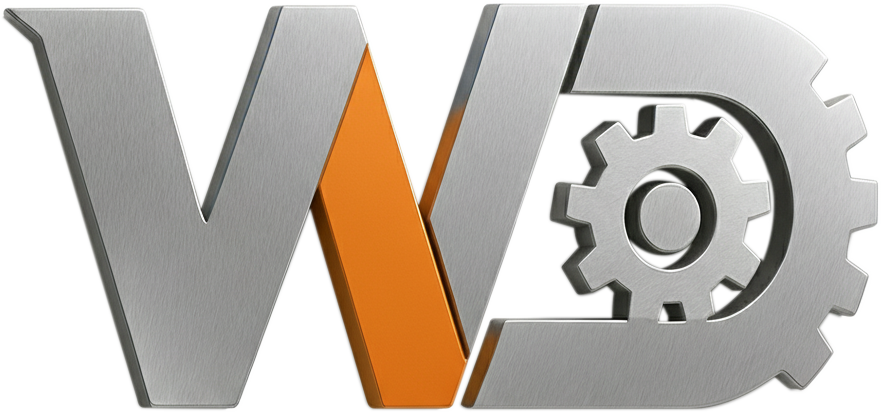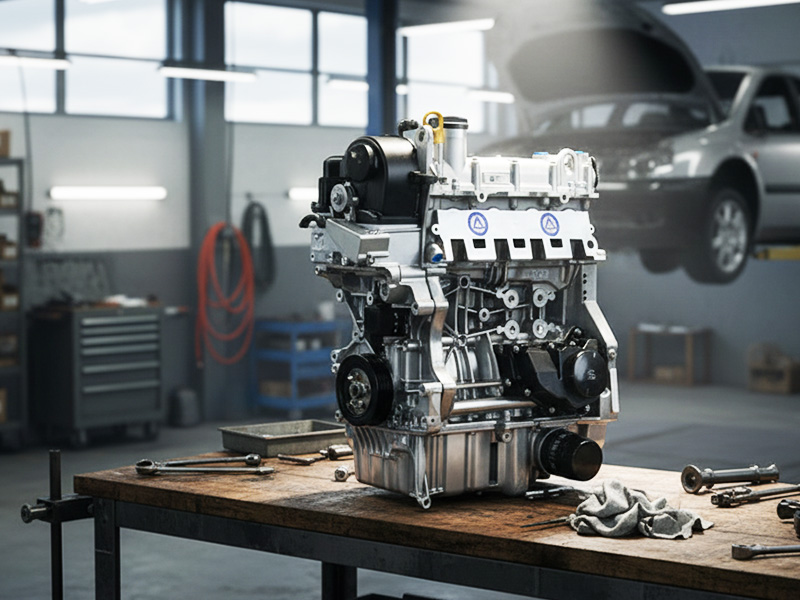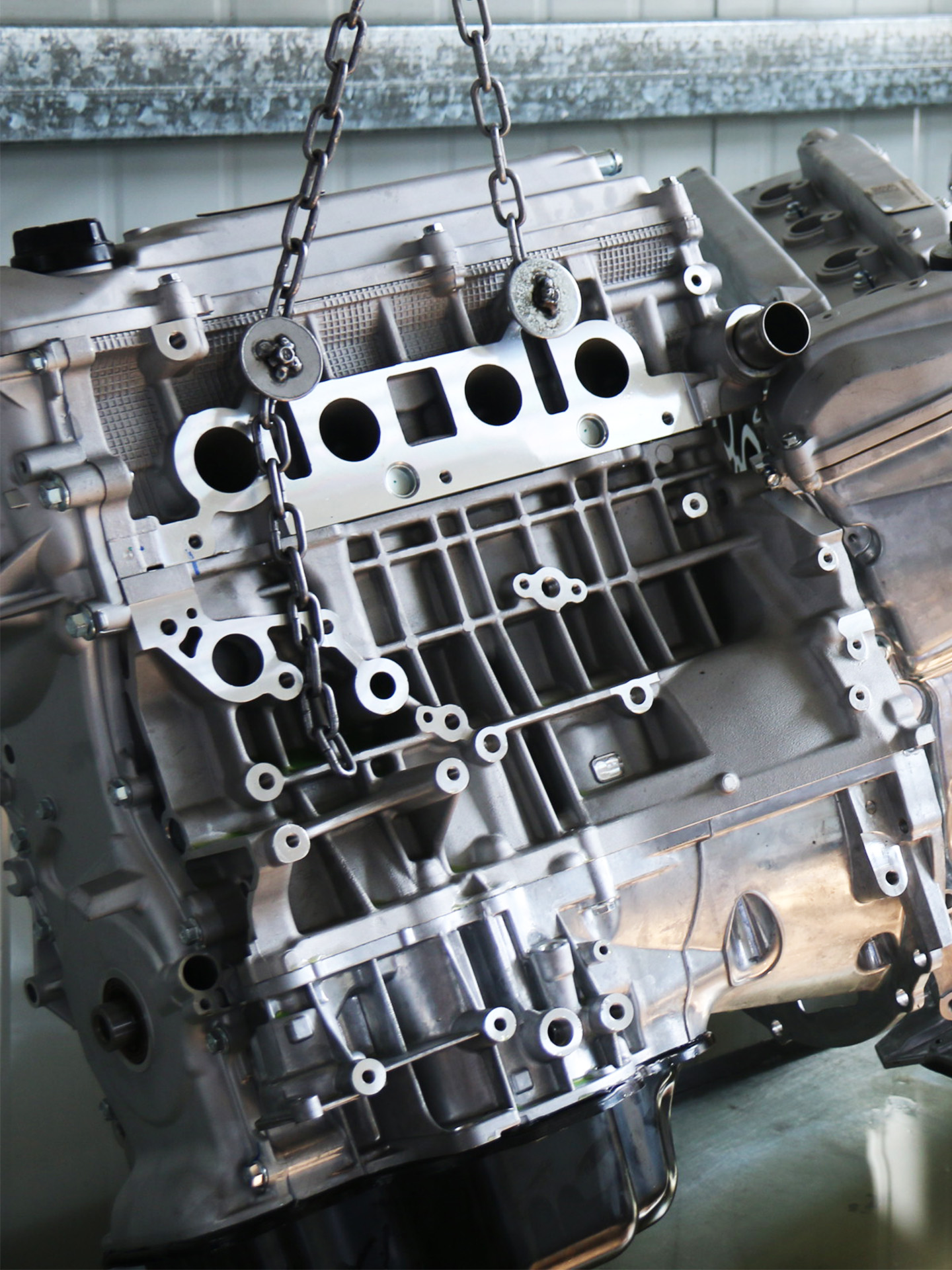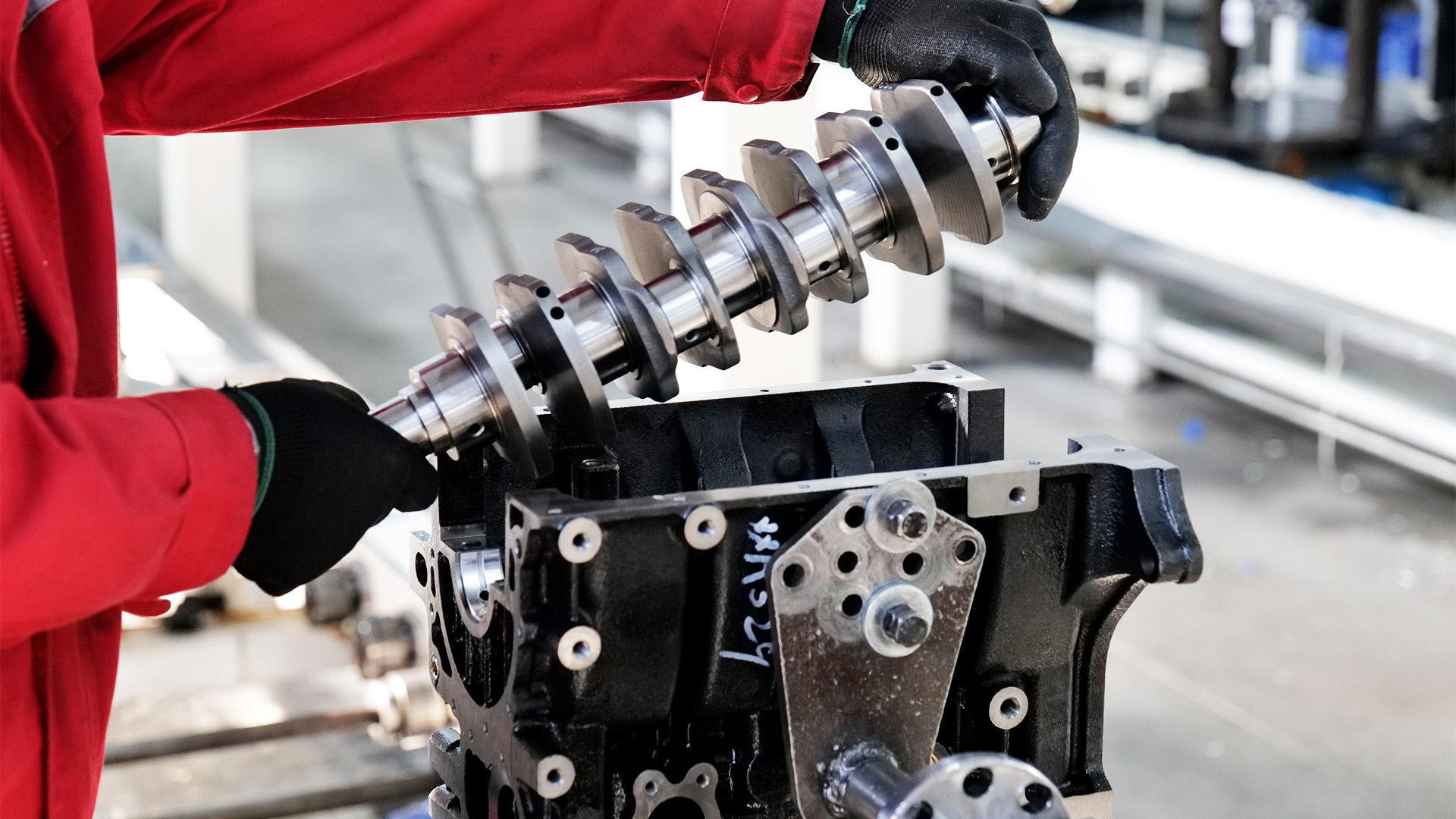The Volkswagen EA211 engine is one of the most important powerplants in VW’s modern lineup. Introduced in the early 2010s, it represents a major step forward in lightweight design, fuel efficiency, and emissions control. You’ll find it powering millions of vehicles worldwide — from the compact VW Polo and Golf to Škoda, Audi, and SEAT models.
But how good is it really? How reliable are these small-displacement turbo engines? And what should you know if you’re considering a vehicle — or replacement engine — equipped with the EA211?
This guide dives into everything you need to know about the EA211 engine family: its specs, variants, vehicle applications, strengths and weaknesses, and what to watch for in maintenance and ownership.

What Is the EA211 Engine?
The EA211 is a modular gasoline engine family developed by the Volkswagen Group to replace the older EA111 series. It debuted around 2011 and quickly became the go-to petrol engine for VW’s small and midsize vehicles.
Design Philosophy
Volkswagen designed the EA211 around three core principles:
- Lightweight construction — using an aluminum cylinder block and head.
- Modular flexibility — adaptable from 1.0 L to 1.6 L displacements.
- Efficiency and emissions — with technologies like variable valve timing and an integrated exhaust manifold.
This platform underpins several popular engines: the 1.0 MPI/TSI, 1.2 TSI, 1.4 TSI, and 1.6 MPI — all sharing a common base design but tailored for different performance levels and market needs.
Unlike its EA111 predecessor, which used a timing chain, the EA211 uses a timing belt for quieter operation and lower internal friction.

EA211 Engine Variants and Specifications
The EA211 series comes in both three-cylinder and four-cylinder configurations, depending on the displacement and model. Here’s a breakdown of the key versions:
| Variant | Displacement | Configuration | Induction | Power Output | Torque | Fuel System |
|---|---|---|---|---|---|---|
| 1.0 MPI | 999 cc | 3-cyl | Naturally aspirated | 59–75 hp | 95–95 Nm | Multi-point injection |
| 1.0 TSI | 999 cc | 3-cyl | Turbocharged | 95–115 hp | 160–200 Nm | Direct injection |
| 1.2 TSI | 1,197 cc | 4-cyl | Turbocharged | 84–110 hp | 160–175 Nm | Direct injection |
| 1.4 TSI | 1,395 cc | 4-cyl | Turbocharged | 120–150 hp | 200–250 Nm | Direct injection |
| 1.6 MPI | 1,598 cc | 4-cyl | Naturally aspirated | 105–110 hp | 155–160 Nm | Multi-point injection |
Technical Highlights
- All-aluminum construction reduces weight by up to 21 kg compared to EA111.
- Integrated exhaust manifold allows faster warm-up and lower emissions.
- Variable valve timing (VVT) on both intake and exhaust sides.
- Separate cooling circuits for block and head improve thermal efficiency.
- Low-friction components (roller bearings, optimized pistons) enhance longevity.
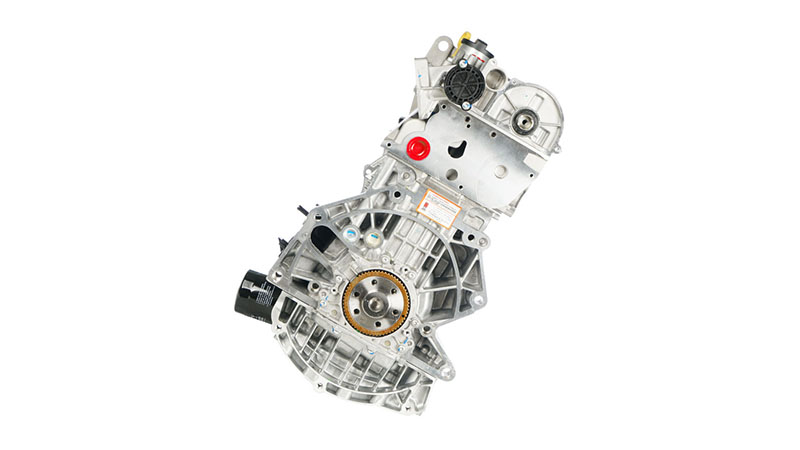
Vehicles That Use the EA211 Engine
Because of its modular design, the EA211 powers a wide range of vehicles across multiple VW Group brands. Here are the most common examples:
| Brand | Models Using EA211 | Typical Years |
|---|---|---|
| Volkswagen | Polo Mk5/Mk6, Golf Mk7, Jetta, Passat (select markets), Tiguan 1.4 TSI | 2012–present |
| Škoda | Fabia, Rapid, Octavia, Scala, Kamiq | 2012–present |
| SEAT | Ibiza, Leon, Toledo, Arona | 2013–present |
| Audi | A1, A3 (1.0 TSI & 1.4 TSI variants) | 2014–present |
| VW Commercial / Global Models | Virtus, Nivus, Taigo, T-Cross, Lavida, Santana | 2013–present |
This engine family is used globally — from Europe and Latin America to Asia and Africa — thanks to its adaptability to different emissions standards (Euro 6, China VI, etc.).

Reliability and Common Problems
Overall, the EA211 has proven reliable and efficient, especially compared to earlier VW small turbo engines. Many owners report 150,000 km+ of smooth operation with regular servicing.
However, no engine is perfect. Here are the most commonly reported issues:
1. Water Pump and Coolant Leaks
- The EA211 uses a plastic water pump housing that can warp or leak over time.
- Symptoms: slow coolant loss, overheating warnings, or visible drips near the belt side.
- Fix: replace with updated OEM housing; cost typically $300–$600 parts + labor.
2. Oil Consumption
- Mostly affects early 1.4 TSI units; related to piston ring wear or PCV valve issues.
- Regular oil checks and using VW-approved oil help prevent damage.
3. Timing Belt Maintenance
- Unlike older chain systems, the EA211’s belt requires replacement every 90,000–120,000 km (or per local recommendation).
- Ignoring belt changes can lead to catastrophic engine failure.
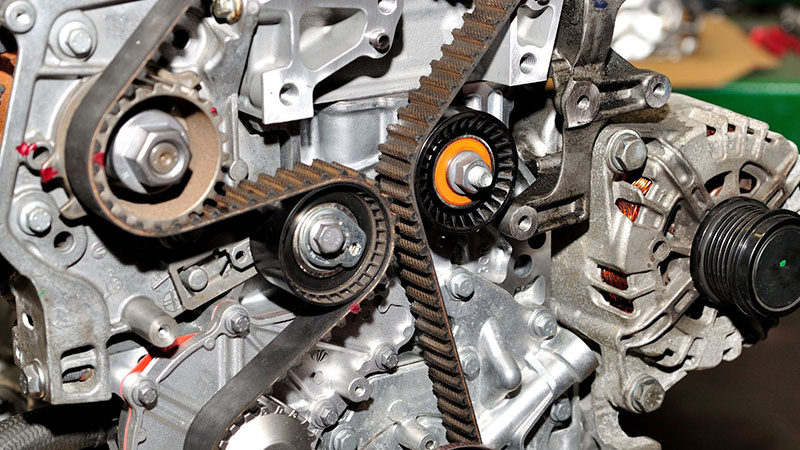
4. Carbon Build-Up
- On direct-injection variants (TSI), carbon deposits can form on intake valves.
- Regular long drives and using top-tier fuel mitigate this issue.
5. Turbocharger Issues
- Occasionally, the wastegate actuator may stick or the turbo may whistle.
- Usually caused by carbon buildup or lubrication issues; not a widespread flaw.
Despite these issues, well-maintained EA211 engines are far more robust than earlier EA111 1.4 TSI units, which were notorious for timing chain and tensioner failures.
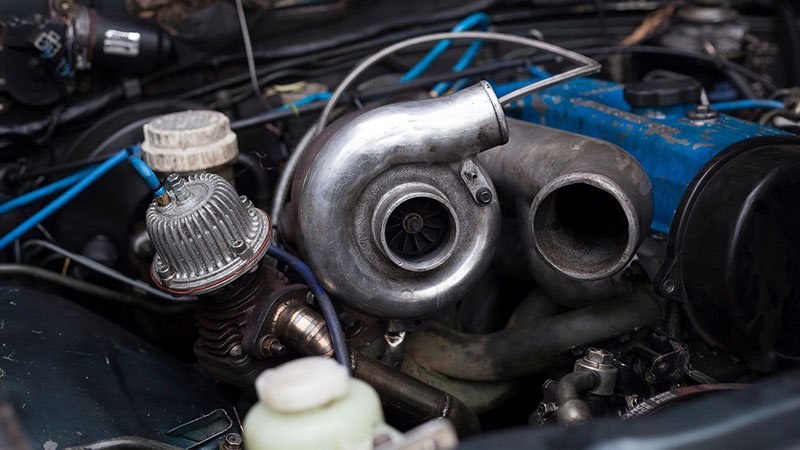
EA211 vs EA111 (and EA211 Evo)
Volkswagen’s small-displacement engines have gone through several generations of innovation, each refining the balance between power, efficiency, and reliability. To appreciate what makes the EA211 special, it helps to see how it compares to both its predecessor (EA111) and its successor (EA211 Evo).
| Feature | EA111 | EA211 | EA211 Evo |
|---|---|---|---|
| Cylinder Block | Cast Iron | Aluminum | Aluminum |
| Timing | Chain | Belt | Belt |
| Exhaust Manifold | External | Integrated in head | Integrated, advanced cooling |
| Induction | Single/Twin Turbo | Single Turbo | Miller-Cycle Turbo |
| Displacements | 1.2 – 1.4 L | 1.0 – 1.6 L | 1.0 – 1.5 L |
| Fuel Economy | Average | Improved | Best in series |
The EA211 Evo, introduced in 2017, further evolved the design with Miller-cycle combustion, variable-geometry turbocharging, and active cooling management — pushing efficiency even higher.
In short:
- EA111 → EA211: a major leap in reliability and weight reduction.
- EA211 → EA211 Evo: refinement, smoother performance, and better fuel efficiency.

Maintenance & Service Recommendations
Keeping the EA211 healthy is mostly about consistent, quality maintenance. Here’s what you should follow:
| Service Item | Recommended Interval | Notes |
|---|---|---|
| Engine Oil & Filter | Every 10,000–15,000 km or annually | Use VW 502 00 / 504 00 spec oil |
| Timing Belt | Every 90,000–120,000 km | Replace tensioner & water pump together |
| Coolant | Every 3–4 years | Use G12++ or equivalent |
| Spark Plugs | Every 60,000 km | Use OEM-grade NGK or Bosch |
| Air Filter | Every 30,000 km | Check more often in dusty climates |
| Fuel System | Cleaning Every 40,000–60,000 km | Helps prevent carbon buildup |
Pro Tip:
If you’re buying a used car with an EA211 engine, ask for maintenance records — especially belt replacement proof. Lack of documentation can indicate hidden risks.

Performance and Upgrade Potential
The EA211 may be compact, but it’s surprisingly capable when tuned correctly. Its lightweight aluminum design, direct injection, and efficient turbocharging make it a solid foundation for mild performance upgrades.
The 1.0 TSI and 1.2 TSI engines respond well to a simple ECU remap, typically gaining 20–30 hp and 30–50 Nm of torque while keeping stock reliability. Adding a performance intake or cat-back exhaust can sharpen throttle response and boost sound without harming efficiency.
The 1.4 TSI is the standout of the lineup. A Stage 1 tune easily lifts output to around 180 hp, while basic bolt-ons — like an upgraded intercooler or downpipe — can push it near 200 hp on factory internals.
That said, balance is key. Extra power means more heat, so maintaining good oil, cooling, and service intervals is essential. When tuned responsibly, the EA211 delivers a fun, efficient drive that feels far bigger than its displacement suggests.
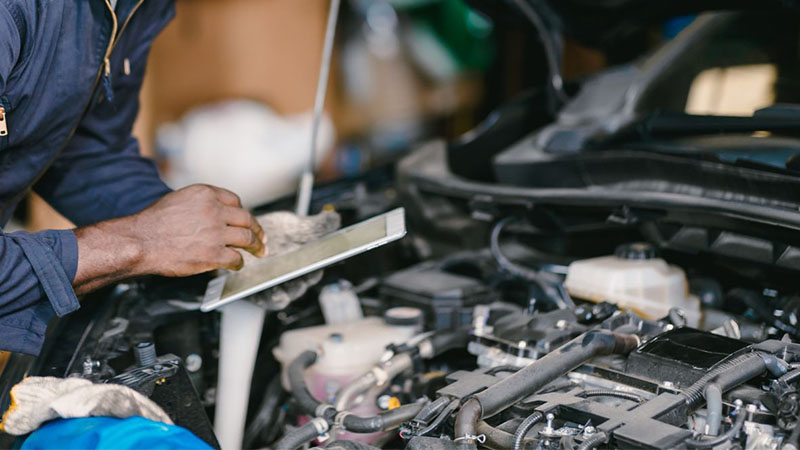
Buying Guide: What B2B Buyers Should Know
For importers, distributors, and workshops sourcing EA211 engines, choosing the right variant can make a big difference in performance, reliability, and market fit.
- 1.0 TSI – Best for city cars and fleet use.
Excellent fuel economy and low maintenance costs make it ideal for urban vehicles and high-mileage operators. - 1.4 TSI – Strong all-round performer.
Balances power and efficiency, perfect for mid-size sedans and crossovers like the Golf, Octavia, and Tiguan. - 1.6 MPI – Built for tougher conditions.
Simple, durable, and tolerant of lower fuel quality—well-suited to emerging markets in Latin America, Africa, and Asia.
Sourcing Tips
Before purchasing used or remanufactured units:
- Confirm the engine code (e.g., CJZA, CHZD) to ensure compatibility.
- Inspect for coolant leaks and check timing belt condition.
- Request compression test results or warranty details for peace of mind.
Choosing verified engines and maintaining clear quality checks will reduce return rates and ensure better customer satisfaction.
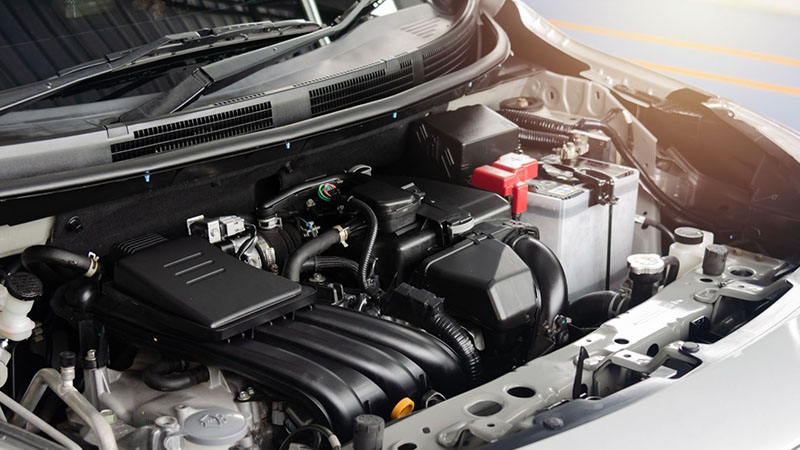
FAQ
What cars use the EA211 engine?
Models like the VW Polo, Golf Mk7, Tiguan 1.4 TSI, Škoda Octavia, and Audi A1/A3 all use EA211 engines.
Is the EA211 engine reliable?
Yes — when maintained properly, it’s one of VW’s most dependable modern petrol engines.
How long does an EA211 engine last?
With regular service, most easily exceed 250,000 km.
What’s the difference between EA111 and EA211?
The EA211 is lighter, uses a timing belt, and features improved cooling and emissions.
Does the EA211 have timing chain or belt?
It uses a belt, not a chain — quieter but must be replaced at intervals.

Conclusion
The Volkswagen EA211 engine perfectly demonstrates how modern engineering blends efficiency, performance, and reliability in a compact, durable package. From small hatchbacks to compact SUVs, it has powered millions of vehicles worldwide — proving that downsized engines can still deliver impressive strength and longevity when properly maintained.
As a trusted global supplier, Woda Auto provides high-quality cylinder heads, crankshafts, and complete engines for Volkswagen and other major automotive brands. Backed by over 25 years of manufacturing and export experience, we proudly serve distributors, workshops, and importers across the world with OEM-grade quality and dependable support.

Each unit is individually tested, performance-verified, and backed by warranty, ensuring long-term reliability and customer confidence.
Contact us today to explore our full range of Volkswagen engines and components — and experience why professionals worldwide choose Woda Auto as their reliable engine partner.
